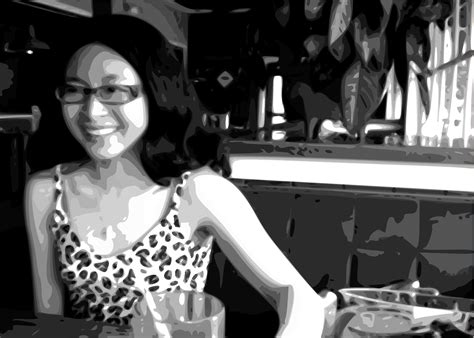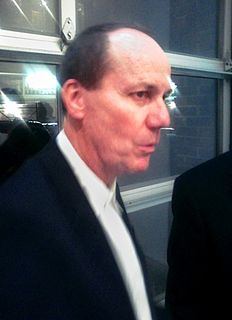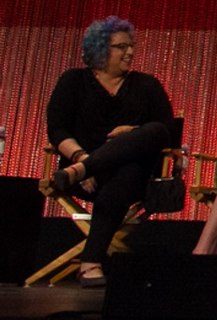A Quote by Georgette Heyer
As for the fan, she agreed that it was a most amusing trifle: just what she would wish to buy for herself, if it had not been so excessively ugly!
Related Quotes
She emptied herself of Fabio and of herself, of all the useless efforts she had made to get where she was and find nothing there. With detached curiosity she observed the rebirth of her weaknesses, her obsessions. This time she would let them decide, since she hadn't been able to do anything anyway. Against certain parts of yourself you remain powerless, she said to herself, as she regressed pleasurably to the time when she was a girl.
She had witnessed the world's most beautiful things, and allowed herself to grow old and unlovely. She had felt the heat of a leviathan's roar, and the warmth within a cat's paw. She had conversed with the wind and had wiped soldier's tears. She had made people see, she'd seen herself in the sea. Butterflies had landed on her wrists, she had planted trees. She had loved, and let love go. So she smiled.
although she went home that night feeling happier than she had ever been in her short life, she did not confuse the golf course party with a good party, and she did not tell herself she had a pleasant time. it had been, she felt, a dumb event preceded by excellent invitations. what frankie did that was unusual was to imagine herself in control. the drinks, the clothes, the instructions, the food (there had been none), the location, everything. she asked herself: if i were in charge, how could i have done it better?
She suffers as a miser. She must be miserly with her pleasures, as well. I wonder if sometimes she doesn't wish she were free of this monotonous sorrow, of these mutterings which start as soon as she stops singing, if she doesn't wish to suffer once and for all, to drown herself in despair. In any case, it would be impossible for her: she is bound.
She had always told herself that she did hti job because she wanted to help others; afterall, hadn't Maurice told her once that the most important question any individual could ask was, "How might I serve?" If her response to that question had been pure, surely she would have coninued with the calling to be a nurse.... But that role hadn't been quite enough for her. She would have missed the excitement, the thrill when she embarked on the work of collecting clues to support a case.
She imagined herself both queen and slave, dominatrix and victim. In her imagination she was making love with men of all skin colors--white, black, yellow--with homosexuals and beggars. She was anyone's, and anyone could do anything to her. She had one, two, three orgasms, one after another. She imagined everything she had never imagined before, and she gave herself to all that was most base and most pure.
This was something she would keep hidden within herself, maybe in place of the knot of pain and anger she had been carrying under her breastbone...a security blanket, an ace up her sleeve. She might never use it, but she would always feel its presence like a swelling secret stone, and that way when she let go of the rage, she would not feel nearly as empty.
The most important thing for me when I wrote [Origins] was that at the end even if Morrigan loved the player, she had this thing that she believed in, that was so important that she would do it regardless of the player. And I think that a lot of players expected that she would bend herself to do whatever they wanted because they've done the romance, gotten her approval up, and of course she would just sort of follow their destiny. But Morrigan has her own destiny.
On some such night as this she remembered promising to herself to live as brave and noble a life as any heroine she ever read or heard of in romance, a life sans peur et sans reproche; it had seemed to her then that she had only to will, and such a life would be accomplished. And now she had learnt that not only to will, but also to pray, was a necessary condition in the truly heroic. Trusting to herself, she had fallen.
There was a warmth of fury in his last phrases. He meant she loved him more than he her. Perhaps he could not love her. Perhaps she had not in herself that which he wanted. It was the deepest motive of her soul, this self-mistrust. It was so deep she dared neither realise nor acknowledge. Perhaps she was deficient. Like an infinitely subtle shame, it kept her always back. If it were so, she would do without him. She would never let herself want him. She would merely see.
Mahlia... understood Doctor Mahfouz and his blind rush into the village. He wasn't trying to change them. He wasn't trying to save anyone. He was just trying to not be part of the sickness. Mahlia had thought he was stupid for walking straight into death, but now, as she lay against the pillar, she saw it differently. She thought she'd been surviving. She thought that she'd been fighting for herself. But all she'd done was create more killing, and in the end it had all led to this moment, where they bargained with a demon ... not for their lives, but for their souls






































